
A little over six months ago, Katie and I kicked off our nomadic early retirement by taking the long flight from the US to Thailand. That initial visit had us starting in Bangkok and moving south to explore three gorgeous Thai islands. Tourist visa restrictions meant that our visit had to end within 60 days, but the Thai people and their awesome food made a lasting impression. After spending four months traveling through Cambodia and Malaysia, we decided to make a return trip to Thailand. This time we headed north to spend a month in Chiang Mai.
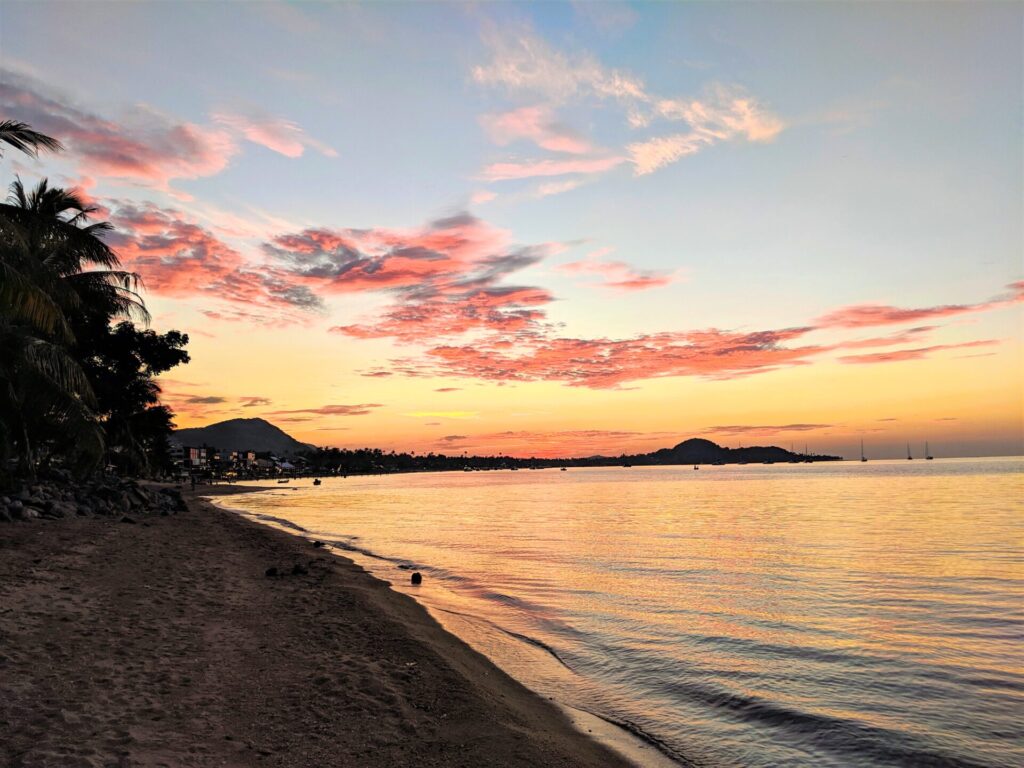
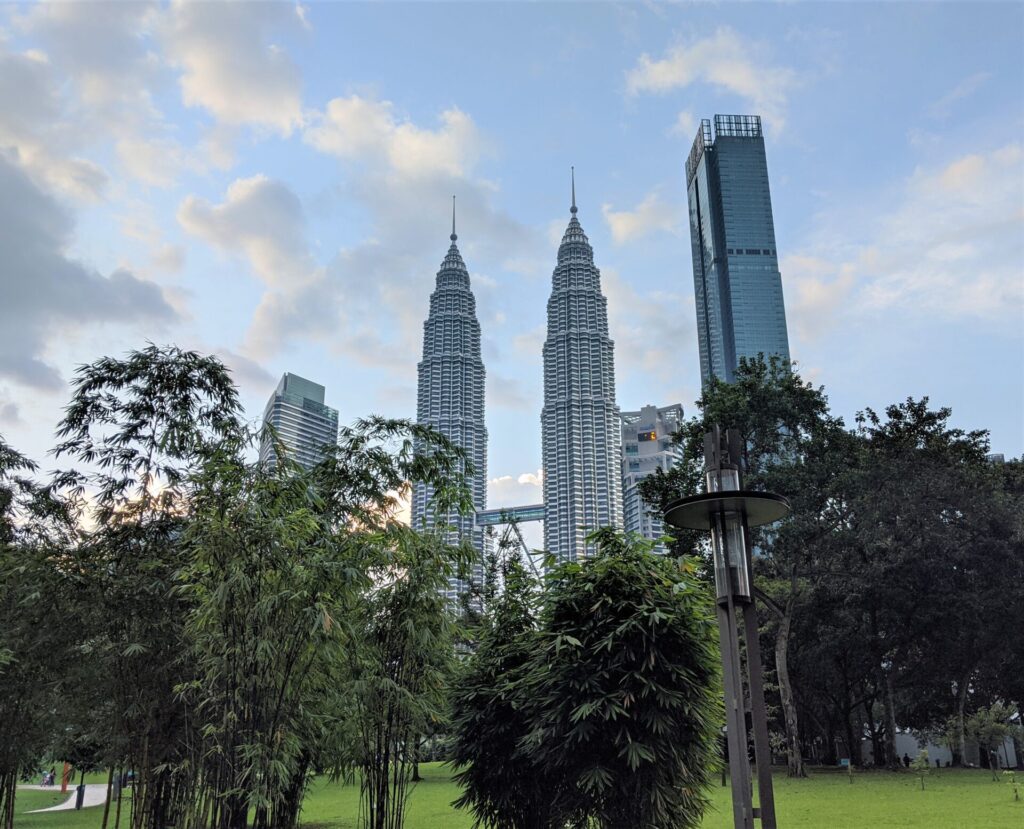

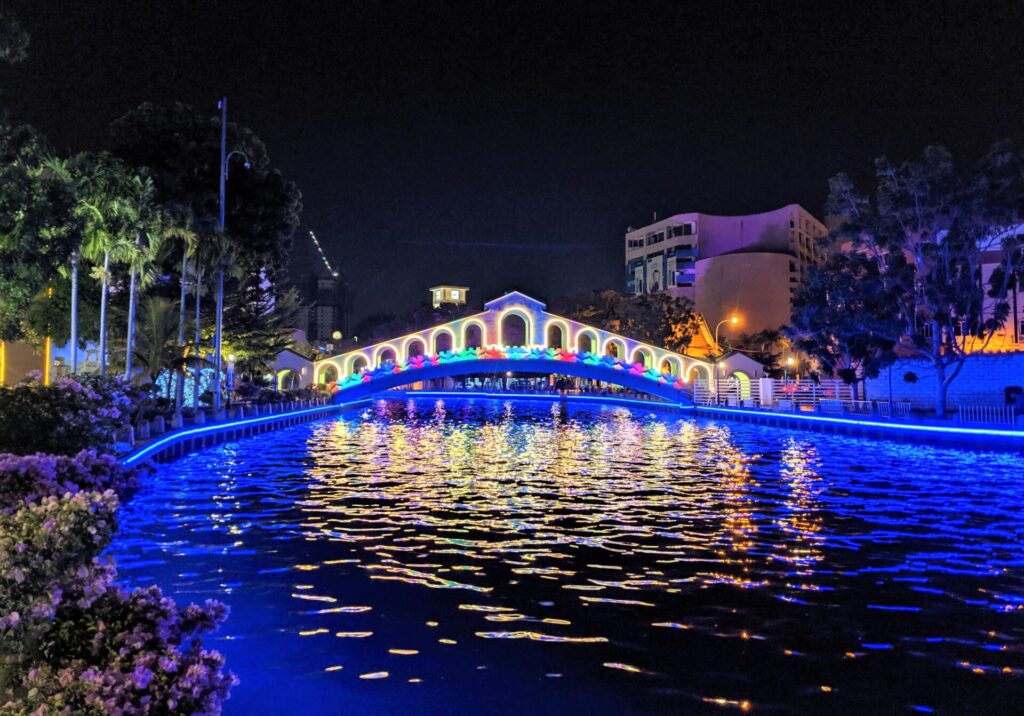


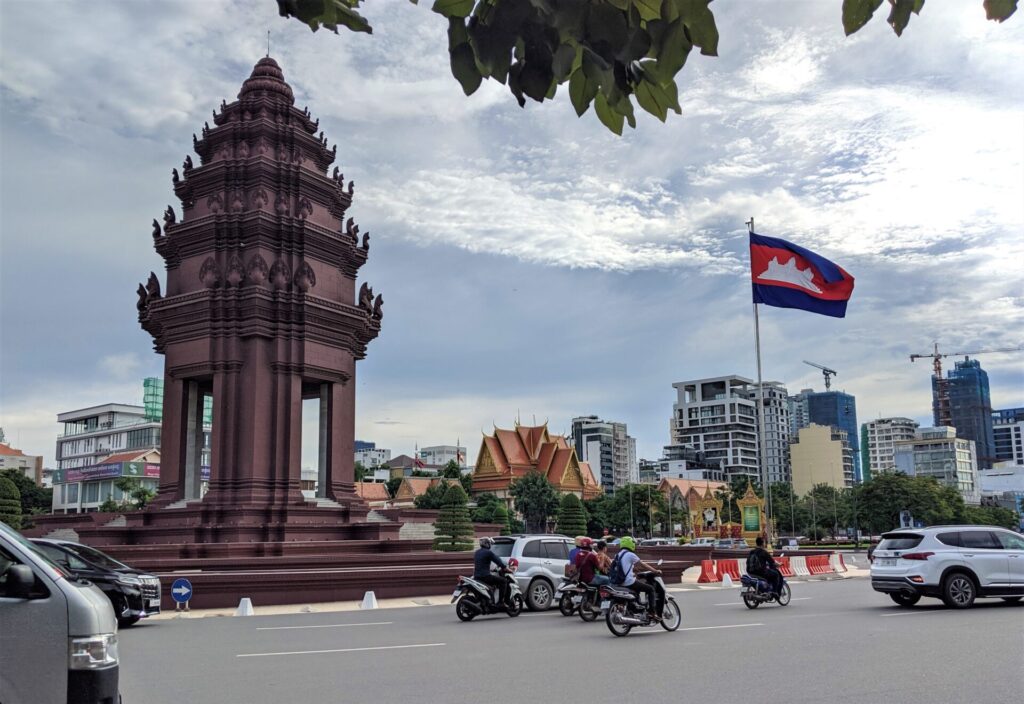
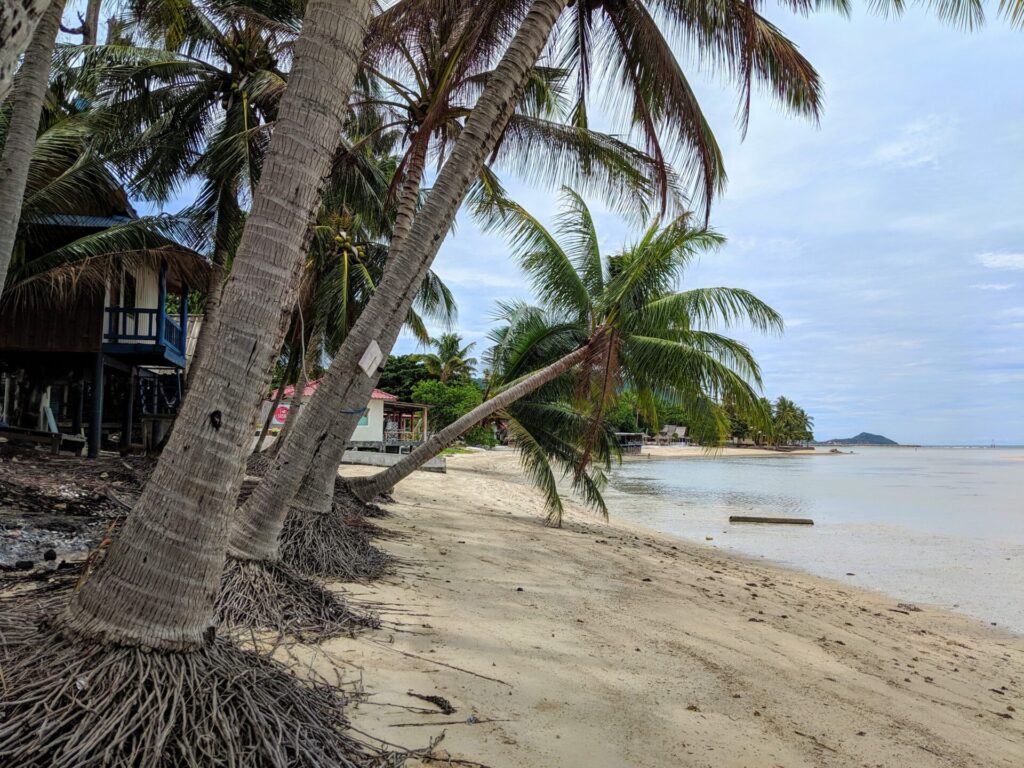
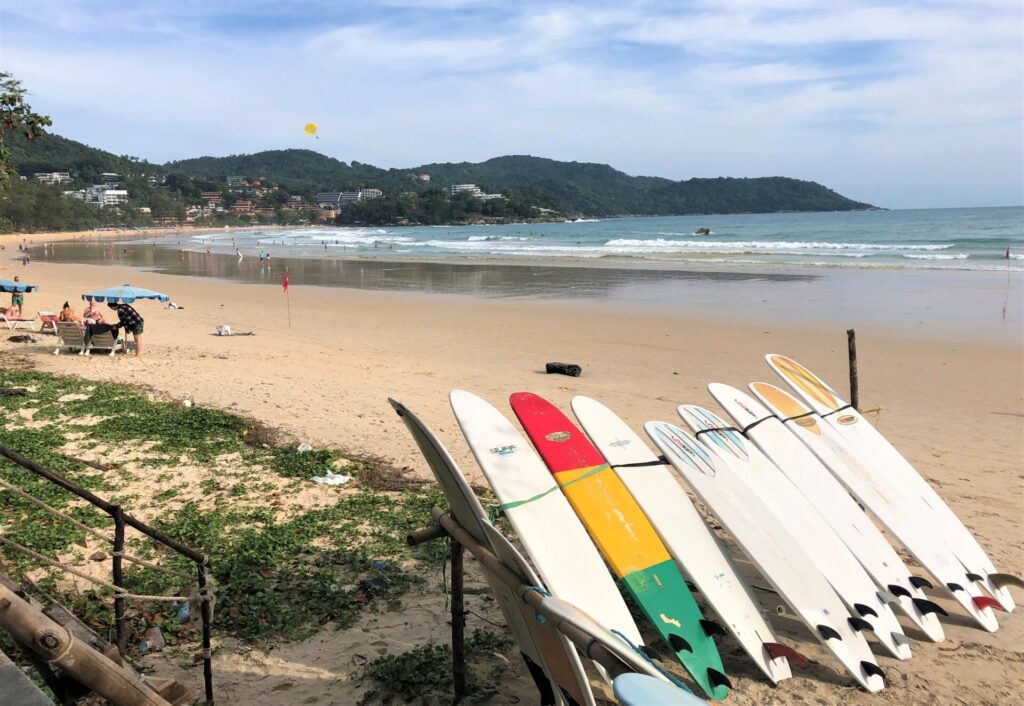
Feeling Social?